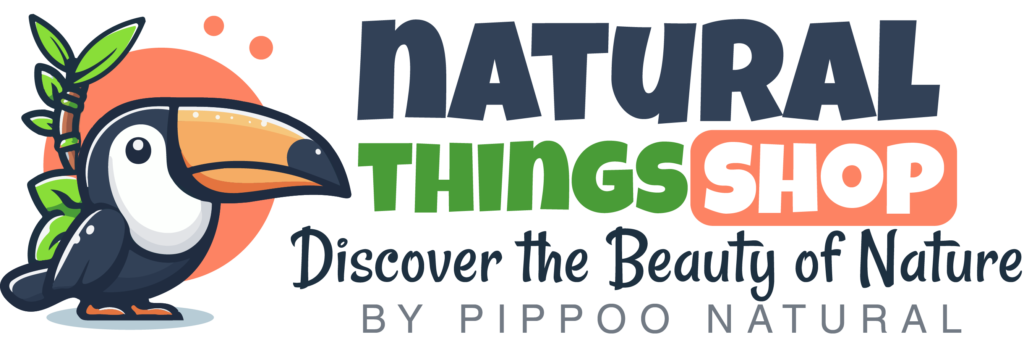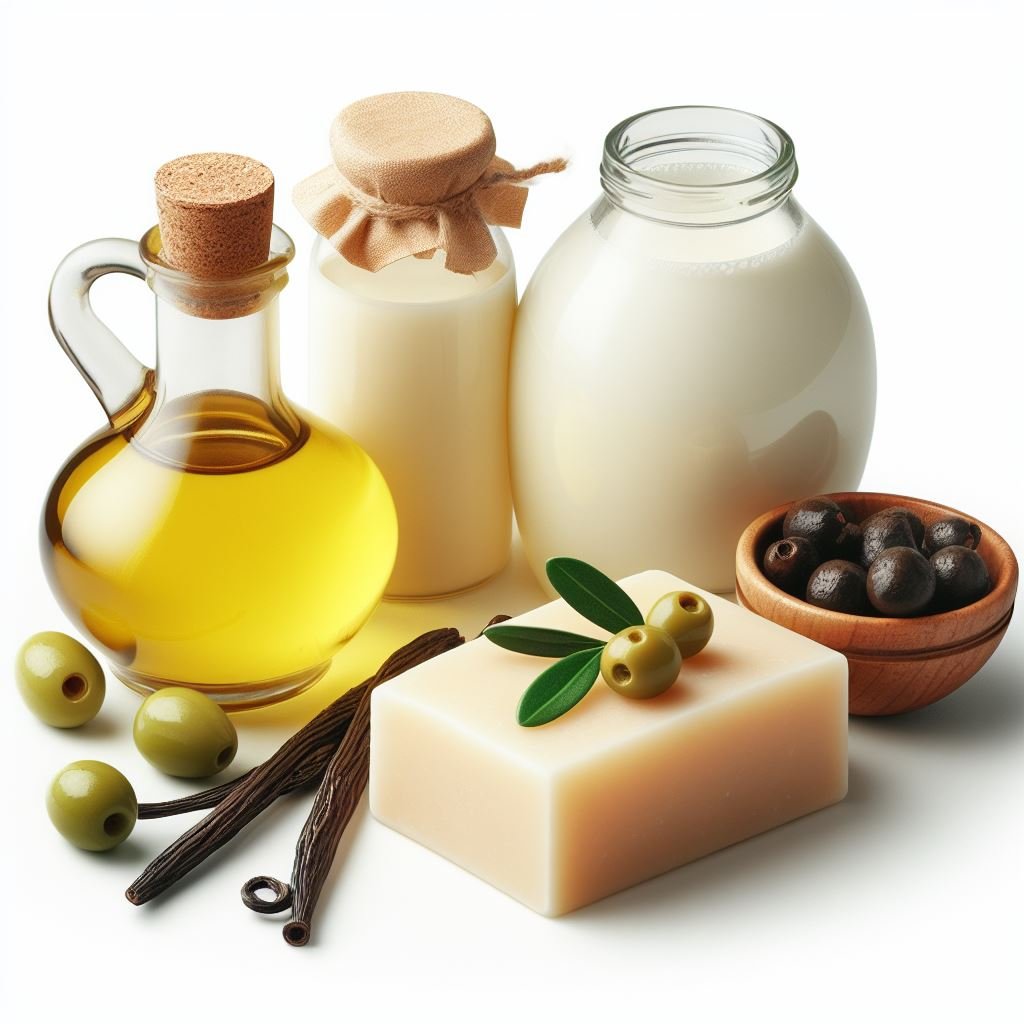MAKING GOAT MILK AND VANILLA SOAP
Indulge Your Senses with Creamy Goat Milk Vanilla Soap
Imagine a soap that cleanses gently, leaving your skin feeling soft and pampered, all while embracing you with the warm, inviting aroma of vanilla. This dream becomes reality with goat milk vanilla soap, a luxurious blend of nourishing ingredients that caters to both your body and your senses.
The magic lies in the unique combination of goat milk and vanilla. Goat milk, known for its richness in vitamins, minerals, and fatty acids, creates a naturally creamy lather that deeply hydrates and soothes the skin. Its gentle nature makes it perfect for even the most sensitive skin types. Blended with the sweet, comforting fragrance of vanilla, this soap transforms your shower into a mini spa experience, leaving you feeling relaxed and rejuvenated.
Beyond its delightful scent and creamy texture, goat milk vanilla soap boasts several benefits:
- Moisturizing: Goat milk’s high lactic acid content helps retain moisture, leaving your skin feeling soft and supple.
- Gentle: Free from harsh chemicals and detergents, this soap is kind to sensitive skin.
- Nourishing: Packed with vitamins and minerals, it nourishes and protects your skin.
- Relaxing: The calming aroma of vanilla creates a sense of tranquility and well-being.
Indulge in the luxurious touch of goat milk vanilla soap. It’s not just a cleanser, it’s a pampering ritual for your skin and senses. So, treat yourself to a moment of self-care and experience the difference this naturally derived soap can make.
In this article, we will see how Goat milk and Vanilla soap:
GENTLE
MOISTURIZING
START TO FINISH TIME:
1 to 2 hours,
24 hours insulation,
4 to 6 weeks to cure
SCENT: VANILLA
Here is our first goat milk soap! The key is to get the lye water to almost freezing temperatures before starting and to be sure to add it slowly. It’s worth the patience because goat milk adds wonderfull properties to soap. It makes for a moisturizing bar that contains many vitamins and lovely alpha hydroxy acids that help soften skin.
SAFETY FIRST! Remember to wear your safety equipment and mix the lye water outside. Tell everyone you live with that where you’re working is off limits. Give yourself enough time to complete the recipe.
EQUIPMENT
- Kitchen Scale
- Glass Bowls
- Large spoon
- Large stainless steel pot
- Small zip-topplastic bag
- Mold
- Thermometer
- Parchment Paper
- Stick Blender (or hand mixer)
- Rubber Spatula
INGREDIENTS
- 270gr (9 ounces) Olive Oil
- 150gr (5 ounces) Goat Milk
- 300gr (10 ounces) Tallow
- 240gr (8 ounces) Coconut Oil
- 120gr (4 ounces) Shea Butter
- 60gr (2 ounces) Cocoa Butter
- 138gr (4.6 ounces) Lye
- 225gr (7.5 ounces) Water
- 30gr (1 ounce) Vanilla Oil (not vanilla extract)
- 15gr (0.5 ounce) Benzoin Essential Oil
PREP AHEAD:
Combine the water and goat milk in a large glass, plastic, or stainless steel container. Place the container in the freezer for 1 to 2 hours. It is okay if a slush forms, as long as it doesn’t freeze solid. The colder your milk-water, the lighter your soap will be after adding the lye.
1. HEAT THE FATS/OILS:
2. MIX THE LYE WATER:
3. PREPARE THE MOLD:
4. COMBINE AND BRING TO TRACE:
5. MIX IN NATURAL ADDITIVES:
When the soap reaches light trace, add the vanilla oil and benzoin essential oils and blend for 30 seconds.
6. MOLD THE SOAP:
8. CUT AND CURE:
TIP: Milk can scald when lye is added. Placing the milk-water in the freezer until it’s very cold helps prevent this. Be sure to add the lye slowly. It is okay to really take your time, coming back every 20 minutes to add a little more. Milk can also make your batch get hotter than usual, so just insulate a milk recipe lightly with a towel if you’re concerned about getting a good gel for color.
Sources / References
Natural Things Shop uses only high-quality sources to support the facts in our articles. Read our editorial process to learn more about how we fact-check our content and keep it accurate, trustworthy and reliable.
All the images we use on our site are produced with Dall-e 3 artificial intelligence technology. There are no legal problems regarding copyright.
Kelly Cable
- The Natural Soapmaking Book For Beginners
- DIY Soaps: Using All-Natural Herbs, Spices & Essential Oils



Can you be more specific about the content of your article? After reading it, I still have some doubts. Hope you can help me.
Thank you for your sharing. I am worried that I lack creative ideas. It is your article that makes me full of hope. Thank you. But, I have a question, can you help me?